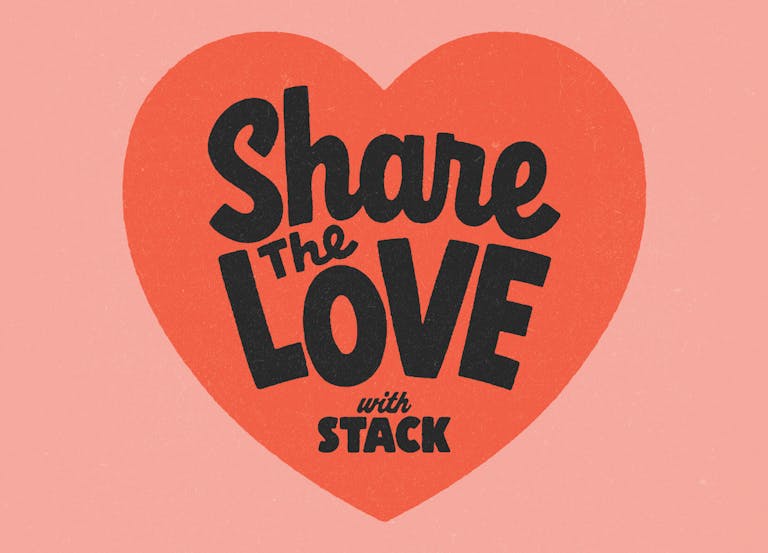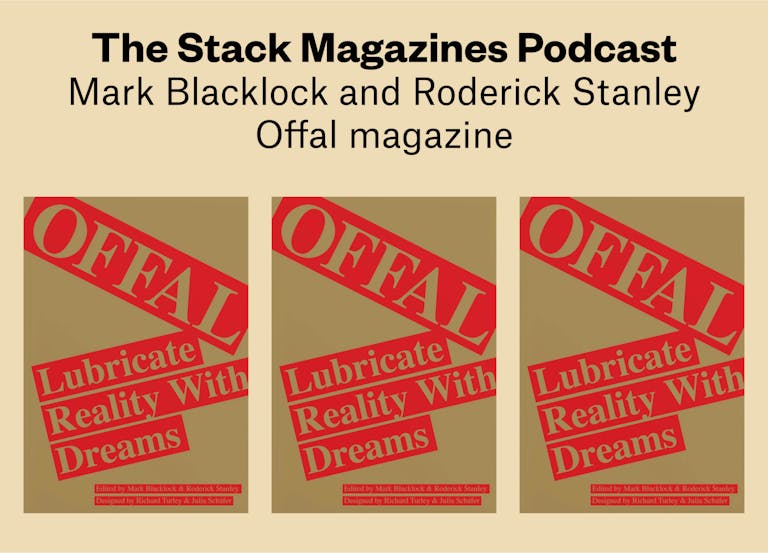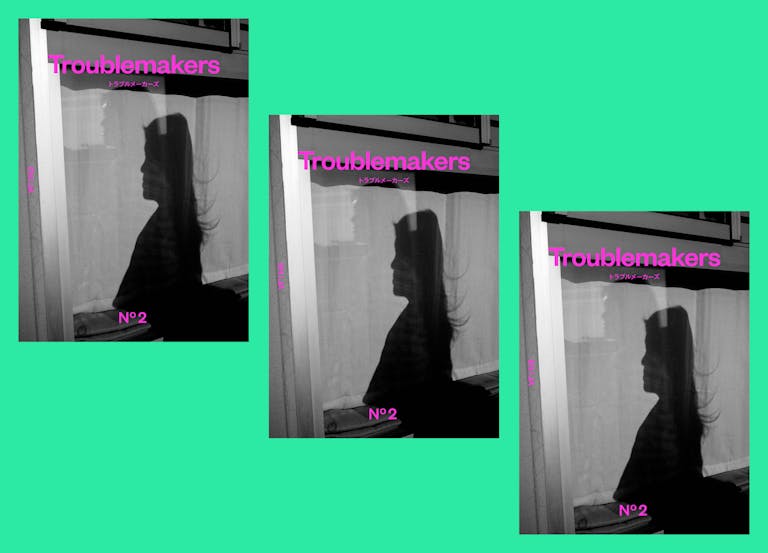Behind the scenes: Courier magazine
Visit virtually any cool East London café, and amongst the fancy buns and glowing laptops there’s a good chance you’ll find a copy of Courier, the free magazine that tells stories of modern business and prides itself on challenging conventional ideas of how and why companies should be run.
I caught up with publisher Jeff Taylor to find out more about Courier’s recent crowdfunding campaign, and to find out what he plans to do with his investors’ money.

You just ran a crowdfunding campaign through Seedrs, in which you asked investors to buy a stake in your company. Why did you choose this form of crowdfunding rather than something donation-based like Kickstarter?
That’s right – we sold 4% of the company, so a rather small part. We already had a lot of direct investment, but we wanted to find a way to share Courier with our readers. Whereas Kickstarter is great for launching projects, the model we used allowed us to tell the story of our business and present the opportunities we see for Courier looking forward. It was an opportunity to invest in something that’s already up and rolling and profitable.

Your three-year anniversary is coming up. How have you evolved from the start and what does this investment mean for you going forward?
Starting out we had a print run of around 6,000 copies. We now have 25,000, and we’ve gone from about 40 stockists, to more than 350 all around London.
At Courier we have always done work for brands, but we are and always will be a media brand at heart. The new funding will go into upping our frequency from quarterly to bi-monthly, and increasing our page-count to tell more stories from more places. We’ll also be working on improving our online presence, firstly by relaunching out website this March. 2016 is the year for us to give Courier to more people, in more places, more often.

You’ve got a pretty distinct London bias to Courier – is that somethings you’ll hold onto as you expand into international markets?
Yes, I’d like to believe that when we realise our ambition of being a big, very global title, it will still have that London-centricity to it. It’s not because we come from here, it’s more because – if you take tech out of the picture – this is the world’s capital for start-ups. The rest of the world looks to London for inspiration.

What sparked the idea for Courier back in 2013?
My mate and co-worker at the time, Soheb [Panja, co-founder and editor-in-chief], started noticing this new generation of people who seemed interested in business, but who’d never pick up the Financial Times on one hand, or sit down to watch The Apprentice or Dragon’s Den on the other. Yet we were all having really evolved conversations about businesses; people would be sitting in coffee shops on Sundays working through business models.
We caught on pretty early to what we now think of as the biggest shift since at least the war in terms of the relationships that people want between the way they earn their money and the way they lead their life. It’s a shift in aspiration from an older generation where success is measured in money and luxury, to one where the ultimate goals are to be happy with the ways that you lead your life, having a sense of freedom and self-satisfaction. That’s where Courier came from.

And I guess that aligns with what you’ve been trying to do for yourself?
Yeah, I’ve always felt that the best designers make products for themselves, and we make Courier for us. We genuinely try to make something that we think we’d be really excited to read and hope that other people will as well. And we’re our own toughest critics on that.
Being a startup reporting on startups must have taught you a lot…
Absolutely. The thee core values of our business are: the authenticity with which we approach the sector; bringing a real authority to what we report on and drilling down to the issue that are central to modern businesses; and we try to have a distinct attitude to what we do, whether that’s in art direction, the look and feel of the magazine, or having a questioning attitude towards the norms and dominant narratives of what you need to do and what type of person you need to be to succeed with a business.

What made you choose the free street press model?
That’s interesting actually because initially we thought we should charge for it. The problem with paid-for is that readers aren’t in newsagents anywhere near as much as they used to be, so it’s a lot harder to keep a regular relationship with a big group of people. And we always wanted to be a big title – big enough to impact people’s lives. But to build a paid title on those terms is nearly impossible today. After looking into it, the free model was a natural choice.
What didn’t come naturally was figuring out a way to do it which wasn’t really down-market and terrible, and that took us a lot of experimenting. Now, we control all our distribution ourselves – we interview stockists and watch them very carefully to make sure the magazine is represented the way we want it.
–
Stay up to date with the best independent magazines. Subscribe to Stack and we’ll send you a different handpicked title every month.







